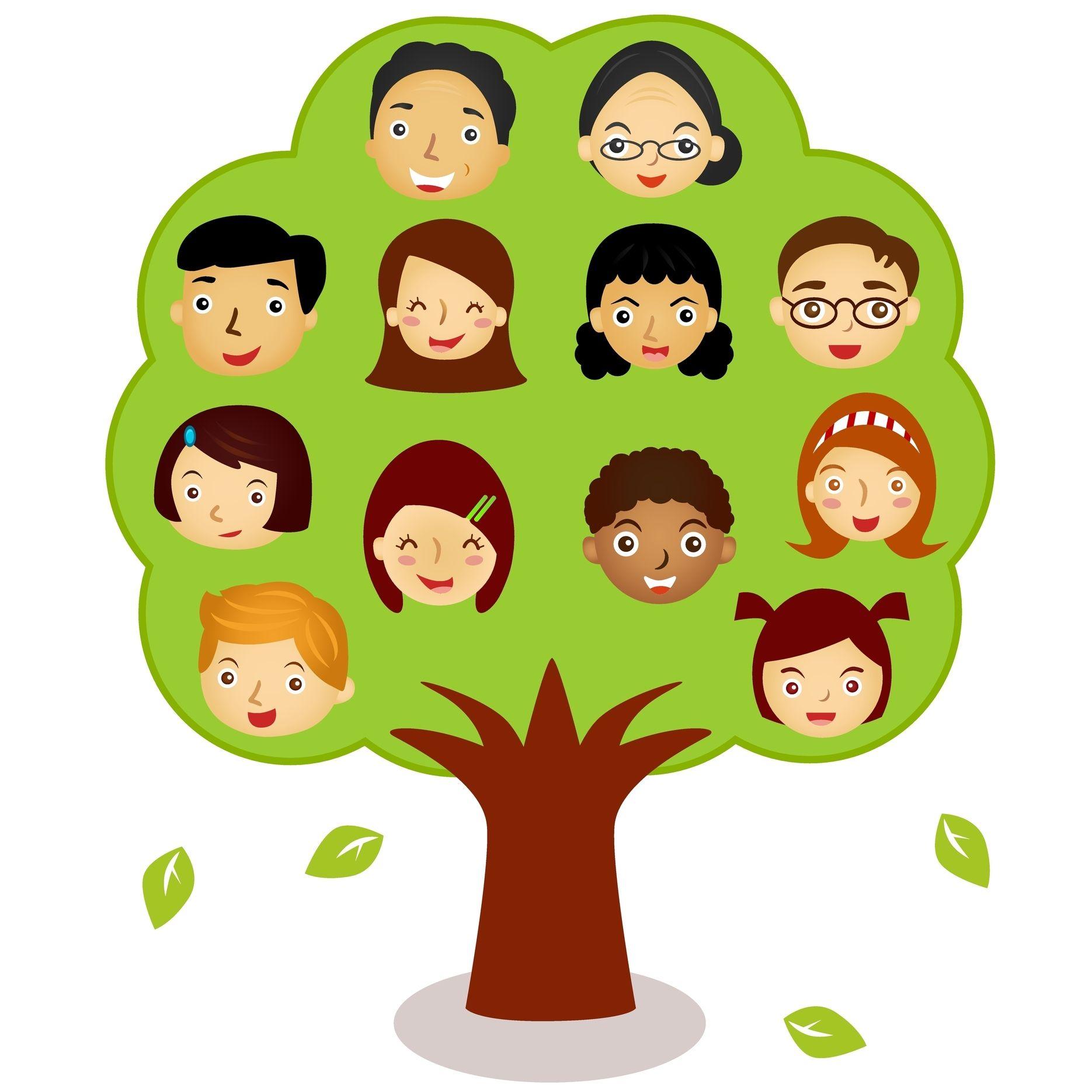
‘SurrogARTs – Assisted reproduction beyond the nation state and nuclear family? Transition to parenthood and negotiating relatedness in gay father families created through transnational surrogacy’
This research project focuses on surrogacy as an assisted reproduction technique (hence the short title ‘SurrogARTs’). It takes the case of transnational surrogacy carried out by European gay men in the US, as compared to American gay fathers. It looks at the motivations, relationships and experiences of European and American gay men, as well as surrogates, egg donors, and professionals involved in the process in the US.
How can foreign surrogacy be accepted at home? Who, why and at what costs gets to do it? Do gay men have a right to biological parenthood, and do women have a choice to carry babies for others? What origin stories will the babies be told? How can it be safe and respectful for all involved? – These and other questions about affects, commodities, and national borders are raised by the current circumstances, where the ban on commercial surrogacy in Europe drives some intended parents across the Atlantic. The lens of gestational surrogacy is therefore used in this project so as to explore how reproductive technology, sexuality, gender, family, social class, and nation interact shaping reproductive origin stories and futures.
The project is led by the postdoctoral fellow Dr Marcin Smietana, and the scientific directors Professor Sarah Franklin at the University of Cambridge and Professor Charis Thompson at UC Berkeley. It is funded by the European Commission as a Marie Curie IOF postdoc fellowship (FP7, Grant Agreement 629341).
The first project phase was based in the US, at the Department of Gender and Women’s Studies of the University of California Berkeley. Between October 2014 and March 2016, Marcin did in-depth interviews and participant observation, following men and women during their surrogacy arrangements and within their surrogacy communities. With Prof. Charis Thompson, a conference was organized at UC Berkeley in February 2016 on ‘Making Families: Transnational Surrogacy, Queer Kinship and Reproductive Justice’, based on which a special issue of Reproductive Biomedicine & Society Online is now under preparation.
The second phase of the project has been based at ReproSoc at Cambridge, since April 2016. It is focused on fieldwork analysis and dissemination. A book draft on gay fatherhood is being written by Marcin, and several papers on surrogacy are under preparation, including a policy recommendation report. The US fieldwork and the compensated surrogacy model are also compared to the altruistic model of surrogacy in the UK, in the context of the current British debates on pre-birth parental order, single parenthood, and compensation in surrogacy. We hope to contribute to the global dialogue on surrogacy and gay parenting also through a dialogue with different surrogacy and rainbow family associations collaborating in this project, as well as other research groups and networks. As a result of this project, a Facebook research network ‘Surrogacy Researchers’ has been established. Of relevance is also here Marcin’s previous research on transnational surrogacy from Spain, in collaboration with the research group Afin-Barcelona.
For more information about the SurrogARTs project, please see:
‘SurrogARTs’ project website (Marie Curie IOF):
‘Making Families’ conference website:
Talk at ‘Making Families’ conference, UC Berkeley (2016):
https://www.youtube.com/watch?v=VTakv3q_tuc
Outreach round-table ‘Challenges for gay fatherhood in Europe’, Brussels (2015):
https://www.youtube.com/watch?v=zeVV-GmErW4&t=53s
Recent book chapter in Lie & Lykke (2016):
Project periodic report 2016:
